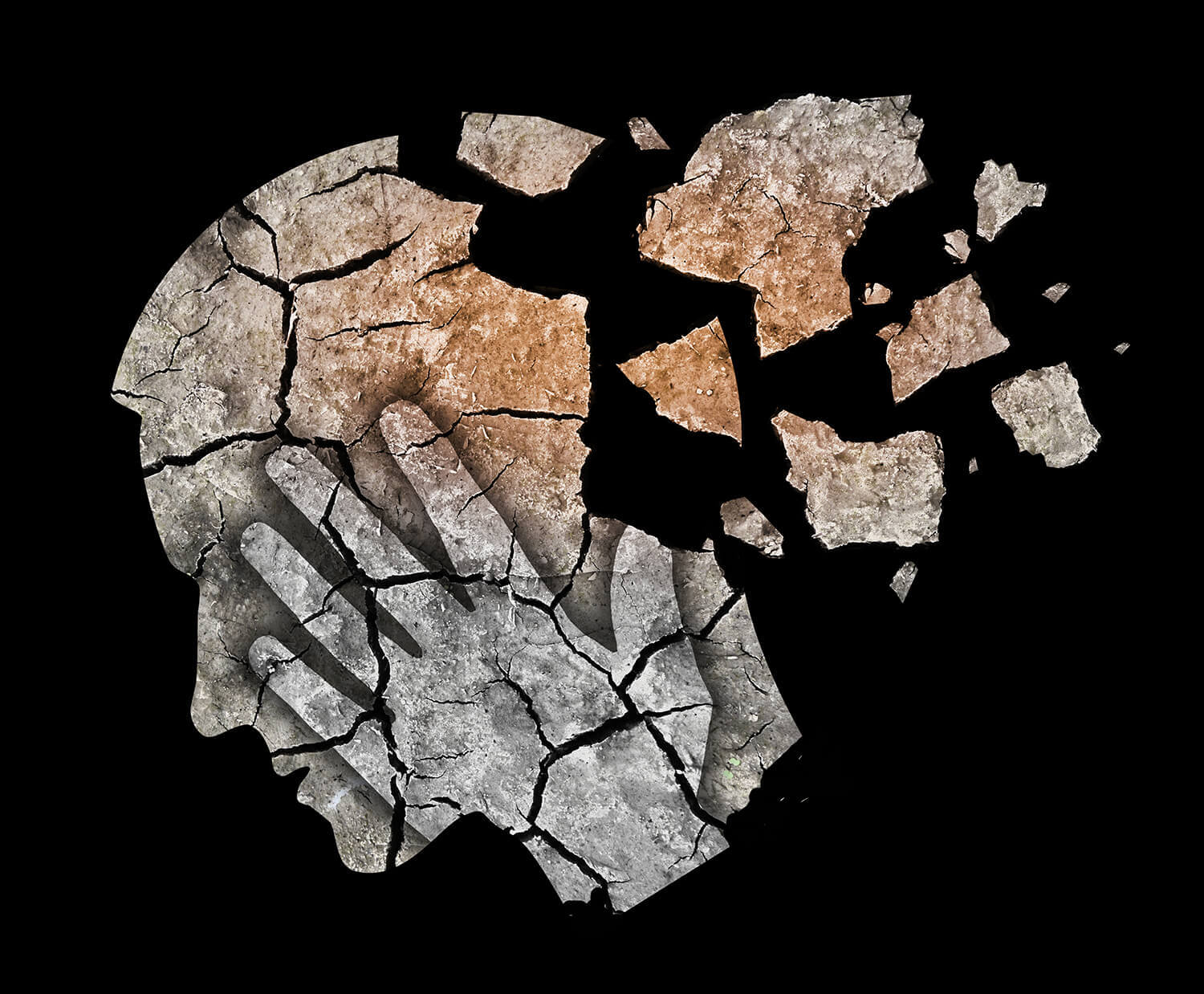Dementia and delirium are the main causes of cognitive decline in our elderly loved ones. Although anyone can develop delirium symptoms, our aging parents are more likely to develop it. Delirium and dementia symptoms may be similar. Here is how to spot the difference between dementia vs. delirium!
What is Delirium and its Symptoms?
Delirium is a mental state that impairs one’s ability to think clearly. It can make an individual difficult to pay attention, think clearly, or stay attentive. Delirium is a word used to represent mental disorientation caused by a variety of illnesses or contributing factors, including chronic illness, prescription side effects, intoxication with alcohol or drugs, and infections.
Dementia patients and those suffering from delirium can both display signs of bewilderment and lack of awareness. Whether your loved one has dementia or delirium, they might have trouble following a conversation, not understanding where they are, or forgetting vital facts like the date, where they reside, or the names of their loved ones.
Dementia symptoms, on the other hand, develop progressively over time, whereas delirium symptoms appear quickly, typically within hours or days. Delirium symptoms, especially in older persons, usually signify a significant, new condition that necessitates medical attention.
Here are some symptoms to look out for:
- Confusion: Saying or rambling stuff that doesn’t add up or make sense.
- Disorientation: Difficulty in knowing what day it is or where they are
- Difficulty with attention and concentration: Unable to concentrate. Unimportant things may easily distract them.
- Apathy: Acting aloof and distant
- Agitation: Feeling anxious, restless, or hostile.
- Speech difficulties: Slow and slurred speech.
- Memory problems: Difficulty recalling recent events and from the past.
- Hallucinations: Perceiving things that aren’t there.
It’s important to see a doctor if your loved ones are experiencing these symptoms. However, delirium symptoms are usually transient and can be reversed. Once it’s addressed, the symptoms will often go away.
Delirium vs Dementia
It’s tough to tell the difference between delirium and dementia. In certain situations, our elderly loved ones may be afflicted with both. Dementia patients may experience delirium episodes, which include periods of intense mood swings, increased confusion, and hallucinations.
While delirium is common in dementia patients, having delirium episodes does not always signal your loved one has dementia. Symptoms of delirium can be caused by a variety of factors.
While only a doctor can determine the cause of your loved one’s illness, there are some major distinctions between delirium and dementia symptoms. Here are some dementia symptoms:
- Begin gradually and progress over time
- Uncertain beginning point
- Permanent and worsen as the condition progresses
- Difficulty recalling recent events is the main and noticeable symptom
Common Causes of Delirium
As a result of illness or intoxication, anyone can develop delirium symptoms. The following are some of the most common causes of delirium in our elderly loved ones:
- Side effects from medication
- Dehydration
- Infections
- Prolonged sleep deprivation
- Severe terminal or chronic illness
- Other medical conditions such as heart attack or Parkinson’s disease
- Hospitalization and surgery
Experience Memory Care at TerraBella Newton
At TerraBella Newton, we understand the challenges faced by our residents with dementia. With our Memory Care option, you can experience care that is designed to make your life simpler! You can also enjoy our variety of amenities and exclusive senior living programs. To find out more, feel free to contact us today!







